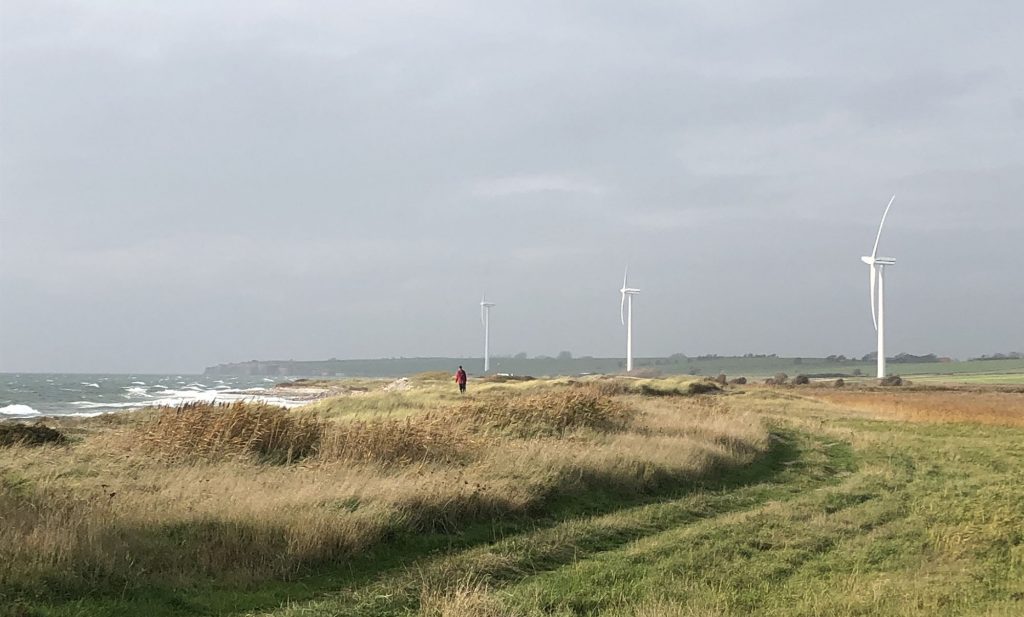Climate municipality Ærø in Denmark
Ærø island seeks to become carbon neutral and self-sufficient on renewable energy by 2025. Being fossil-free by 2030 is also an important target for phasing out oil and diesel in transportation and heating. In order to create synergy between these two projects on Ærø, an Energy office was established. The municipality expects that the strong focus on renewable energy will result in green job creation, more visitors and profiling Ærø as the energy island.
Since the 80’s Ærø has focused on the self-sufficiency of renewable energy that led to an agreement with The Danish Society for Nature Conservation to be a “climate municipality” in 2009. Ærø municipality has committed to itself to reduce its CO2-emissions with a minimum of 2% every year until 2025.
The Energy office is the place where people and projects that work with sustainable energy are gathered. This includes Ærø Energy and Environment Office which is a local association ran by volunteers that led the project Sustainable energy renovation of the housing stock at Ærø. The project received funding from “Fonden Ærøs vedvarende energipulje”. The association is promoting sustainable energy solutions also for the islands in the South Fyen archipelago as well as the Association of Danish Small Islands.
Currently, 40% of Ærø’s total energy consumption originates from renewable energy sources: six windmills produce electricity on the island, three district heating systems run on solar energy and biomass. The municipality offers inhabitants free and independent counseling and guidance. Many inhabitants on Ærø have already installed renewable energy systems in their homes or have conducted energy-saving renovations. Solar panels were installed by 260 private households.
Ærø takes initiatives one after another. The island started using an electric ferry in order to reduce CO2 emissions. Municipality faced that the transportation sector produced 55% of the island’s CO2 emissions, of which 1/3 are connected to the ferries, in 2012.
To make ferries more climate-friendly, a groundbreaking electric ferry has been launched. With the help of ”Danfoss AB”, the electrical ferry “Ellen” took its first trip between Ærø island and Als, on the mainland, in August 2019.
The ferry is 60 meters long, 12,8 meters wide, and weighs 747 tons. It is the first of its kind in Denmark that solely has batteries in the cargo hold and is not backed up by diesel engines. “Ellen” can carry 30 vehicles and 200 passengers and is powered by a battery with an unprecedented capacity of 4.3MWh. In total, the batteries weight 50 tons. Each night the ferry gets charged. The system is provided by the Swiss battery maker ”Lechanché”.
The ferry project is a four-year development project that started in 2015 and is a collaboration between Ærø municipality, “Søby Skibsværft” and EU Horizon2020. This project has received 113 million DKK in funding from EU. In total, the ferry project has a budget of 224 million DKK.
Keywords: climate municipality, renewable energy, renovation, building, wind, district heating, electric mobility, ferry, Ærø, Denmark
